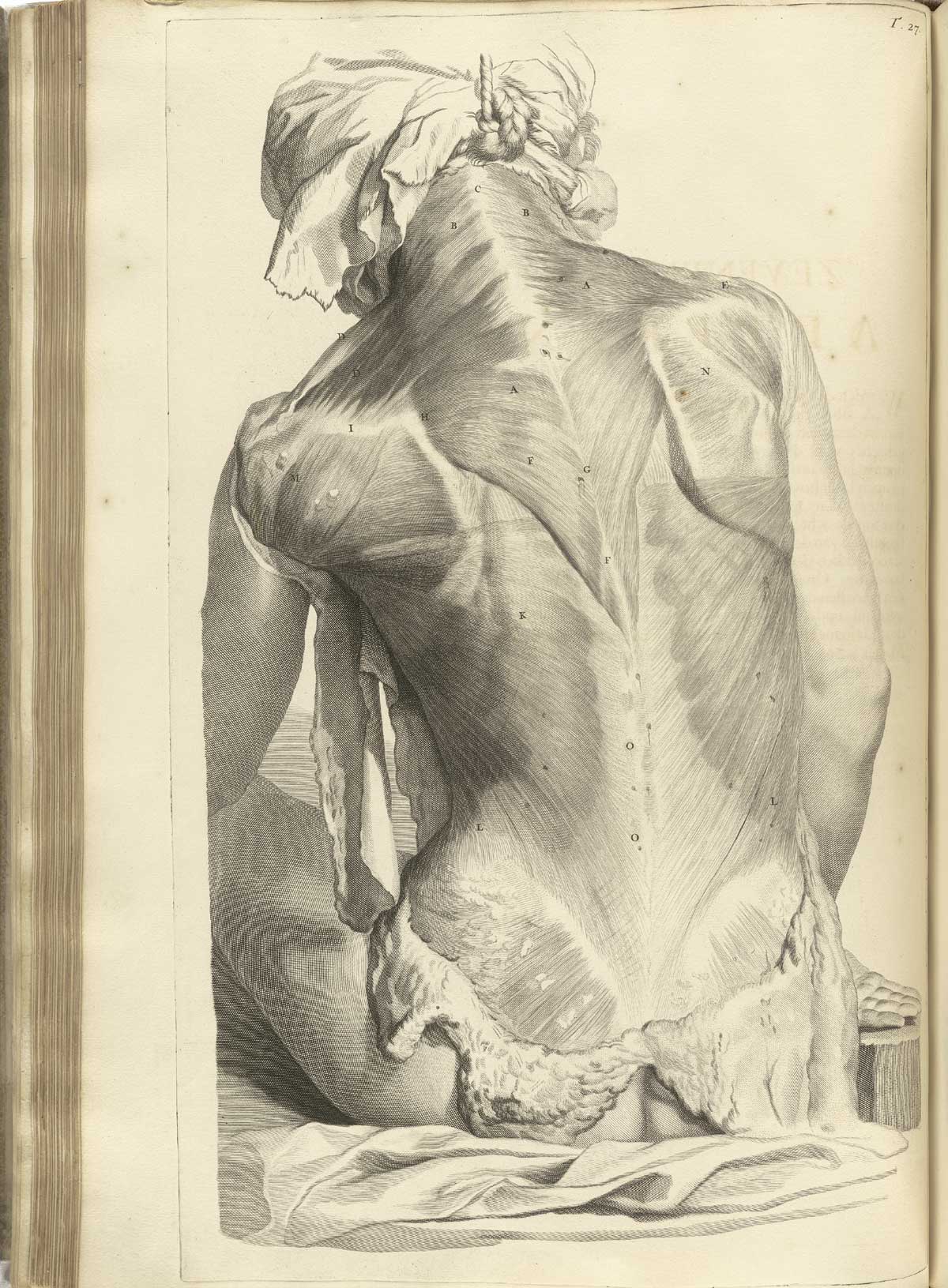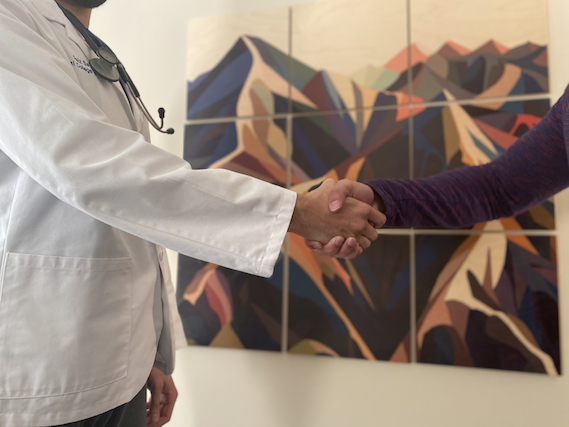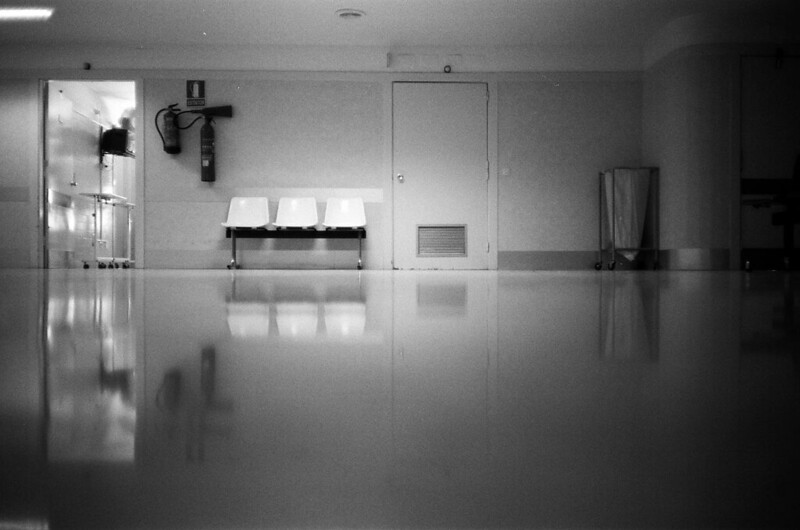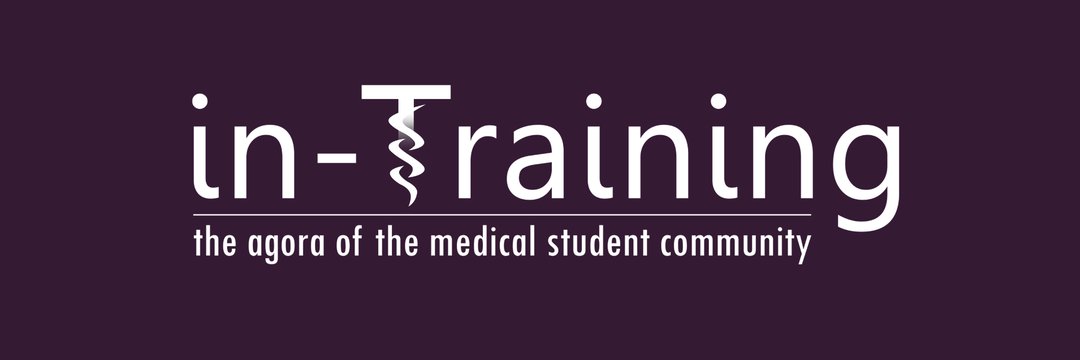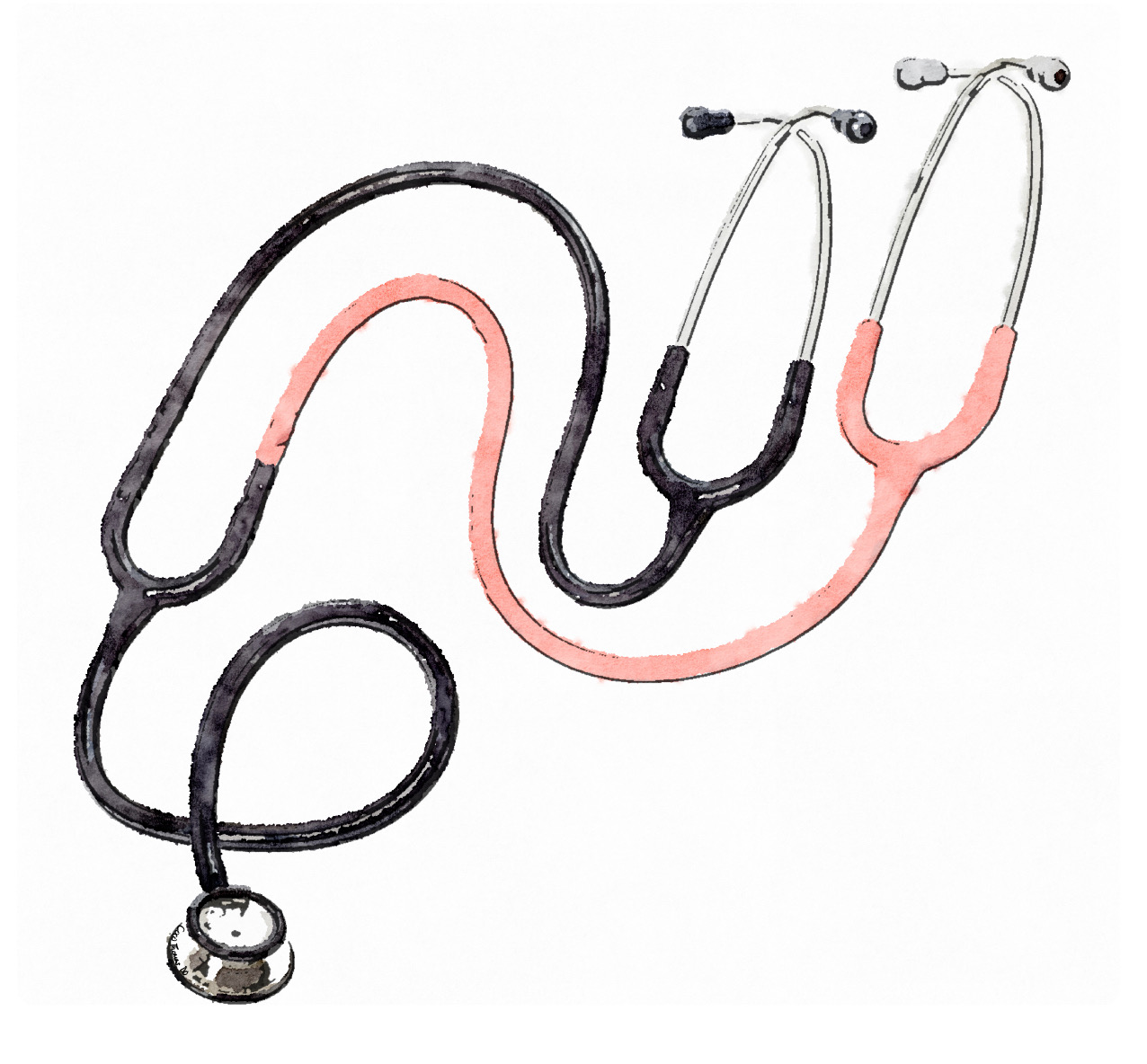Narrative in Cirque
When I was 17, I went to the gynecologist for a Pap smear because my mom said, “Once you have sex you have to get one.” It felt like punishment, but it was also the only way I had a chance of getting birth control. I went to three different doctors and exam after exam, they kept saying I could have cancer. I did a ‘colpo’ — whatever that is. After that, they did three different procedures on me, three, all to take pieces of my cervix. I don’t remember what they were called or what even happened. All I remember is the pain.


